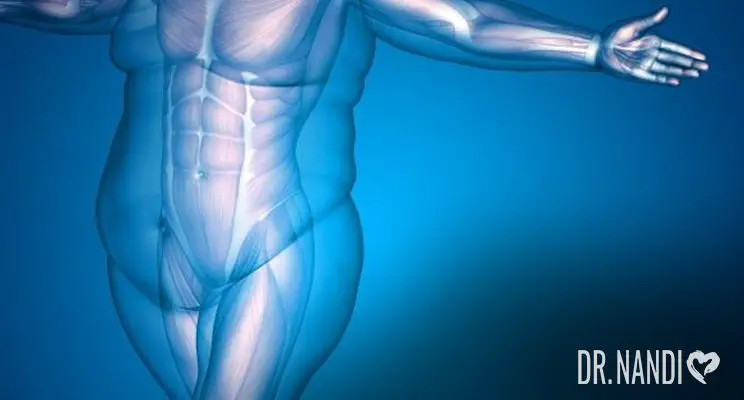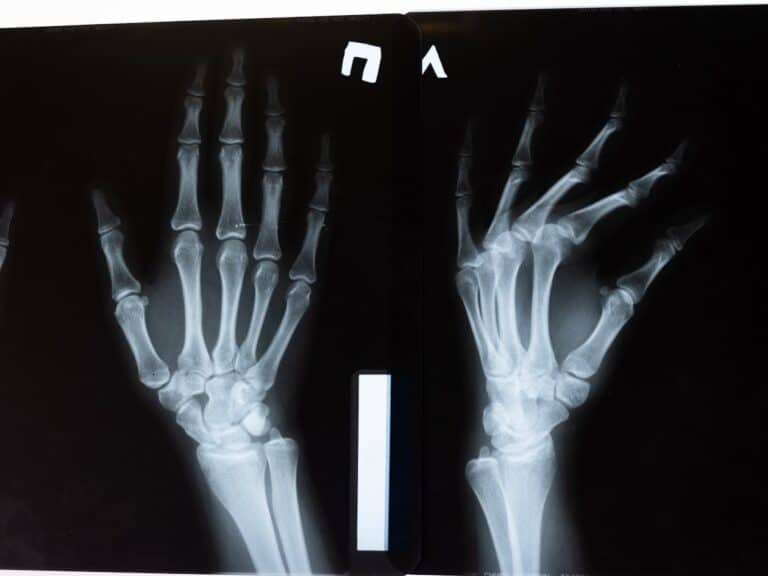Holistic health is a viewpoint that is based on the premise that optimal health is not simply the absence of illness or disease (1). Holistic health focuses on the whole person – the mind, body, spirit, and emotions as integrated and inseparable parts – but it is a new name put to an ancient healthcare system that dates back thousands of years (1, 2).
But what is the actual definition of holistic medicine? Check out these three essential elements in order to understand the philosophy behind holistic health.
What Is Holistic Health?
Holistic Health Takes The Whole Person Into Account
The word “holism” was first coined by Jan Christiaan Smuts back in 1926, meant to explain that living beings are “greater than and different from the sum of their parts” (2). The word “holistic,” however, wasn’t commonly used until the early 1970’s, when people began to gain understanding of this way of medicine (2). It has become much more mainstream in these last few years (3). While western medicine tends to focus on treating symptoms, holistic medicine makes an effort to understand the underlying cause of the condition, illness, or disease (2).
According to the American Holistic Health Association, “Rather than focusing on illness or specific parts of the body, this ancient approach to health considers the whole person and how he or she interacts with his or her environment. It emphasizes the connection of the mind, body, and spirit. The goal is to achieve maximum well-being, where everything is functioning the very best that is possible” (4).
Holistic Health Focuses On Natural Healing
While medication could certainly be used as a treatment avenue in holistic medicine, drugs, surgery, and prescriptions are not the first line of defense (2). Diet, exercise, environmental measures, attitude and behavior modification, relationship and spiritual counseling, as well as bioenergy enhancement are all considered before drugs are prescribed (2).
By its definition, holistic medicine is more about lifestyle changes that are meant to improve a person’s flow of life, along with helping the body heal itself naturally (2). Noninvasive remedies are always preferred over other options.
Holistic Health Is Intended To Be Patient-Empowering
If the answer to one’s physical problems is always a drug, then the patient has next to no control over their health. With holistic health, however, the treatment is the lifestyle, which means that it doesn’t stop when a patient walks out of the doctor’s office or stops taking their medication (2). Holistic health focuses on what a patient does day to day. The way they lead their mind, body, and spirit are all important factors and equally as important as treatments or remedies given (2).
According to the American Holistic Health Association, “ teaches patients to take responsibility for their own health, and in so doing is: cost-effective in treating both acute and chronic illness; therapeutic in preventing and treating chronic disease; essential in creating optimal health” (4).
Conclusion
Many people intelligently opt for holistic medicine, thanks to the strengths it provides: focusing on the entire person, natural healing, and patient empowerment. Instead of being dependent on drugs and medication, a patient can learn new lifestyle techniques to enhance their well being on their own.
References
- https://www.modernholistichealth.com/blog/what-is-holistic-health
- https://www.amcollege.edu/blog/the-essential-elements-that-define-holistic-health
- http://allhealthcare.monster.com/training/articles/1930-what-is-holistic-health
- https://ahha.org/selfhelp-articles/holistic-health/











 Subscribe to Ask Dr. Nandi YouTube Channel
Subscribe to Ask Dr. Nandi YouTube Channel









